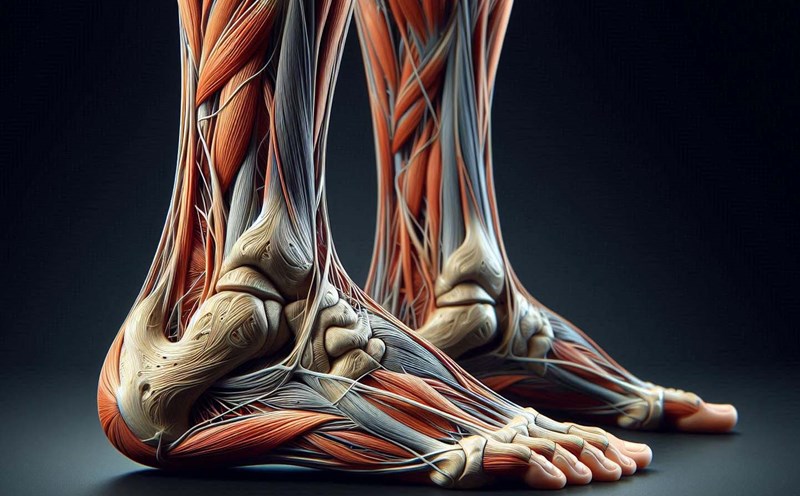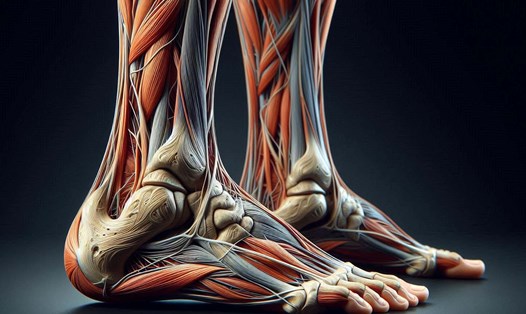Expert reveals why you get headaches at the end of the day?
According to Dr. Bhumesh Tyagi, Consultant, General Medicine and General Practitioner, Sharda Care - Health City (India), the causes of headaches at the end of the day are very common and easily encountered in daily life. These factors can stem from improper eating habits, stress, dehydration or even wrong working posture. Here are the main causes:
Low blood sugar: When blood sugar drops, the body releases adrenaline to cope, leading to a stress response and headaches.
Dehydration: Not drinking enough water during the day, especially when consuming coffee or tea, can cause dehydration, leading to headaches and feeling tired.
Poor posture and physical stress: Sitting for long periods in an incorrect posture or spending too much time in front of a screen can create muscle tension, especially in the neck, shoulders, and back, causing tension headaches.
Mental stress and fatigue: When stress levels build up during the day, especially at the end of the day, the body has difficulty relaxing and headaches may appear due to unresolved stress.
Eye strain: Continuous use of electronic devices can cause eye strain, which can lead to headaches, especially without adequate rest.
How to Reduce or Prevent Headaches
Balance blood sugar
To maintain stable blood sugar levels, you should eat balanced and regular meals. Breakfast and lunch should not be skipped, and should contain enough protein, fiber and complex carbohydrates to avoid blood sugar drops later in the day.
Avoid eating too much refined sugar or high glycemic foods without other ingredients that help stabilize blood sugar.
Drink enough water
Staying hydrated throughout the day is important to avoid dehydration, as dehydration is a common cause of headaches. Be sure to drink plenty of water even if you drink coffee or tea, as these drinks can quickly dehydrate you.
Good posture and reduced muscle tension
Improving your posture is one of the simplest and most effective ways to reduce tension headaches. If you spend a lot of time working on a computer, make sure your monitor is at eye level and your chair provides good support.
Taking breaks to move around or do stretching exercises for your neck, shoulders, and back can help relieve muscle tension and improve headaches.
Managing stress and mental fatigue
Practicing stress-reduction techniques such as meditation, yoga, or deep breathing exercises can help relieve stress that builds up throughout the day and prevent headaches later in the day.
Find time to relax during the day to avoid being overworked or overstimulated, especially in the afternoon.
Reduce eye strain
Limit your screen time, especially when working for long periods of time. The 20-20-20 rule (every 20 minutes, look at an object at least 20 feet away for 20 seconds) can help reduce eye strain.
Use blue light-reducing apps or modes on your phone and computer to reduce eye strain and improve sleep quality.









